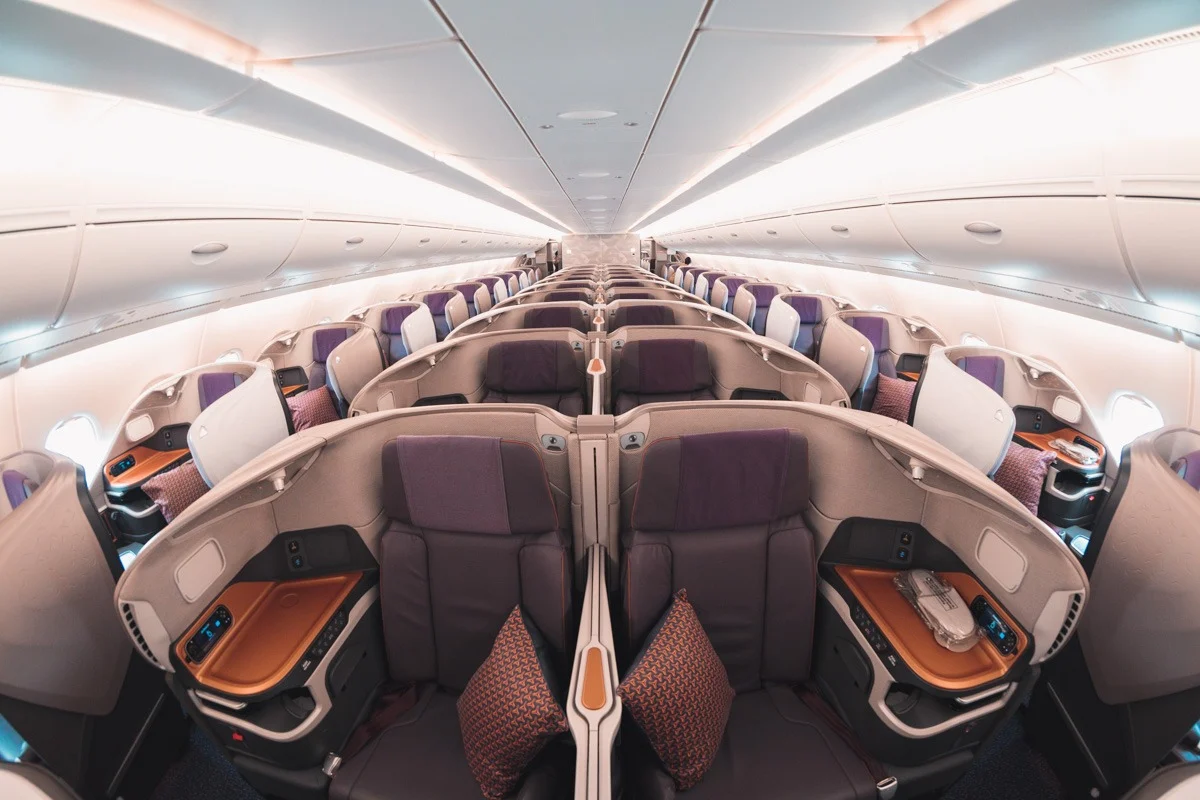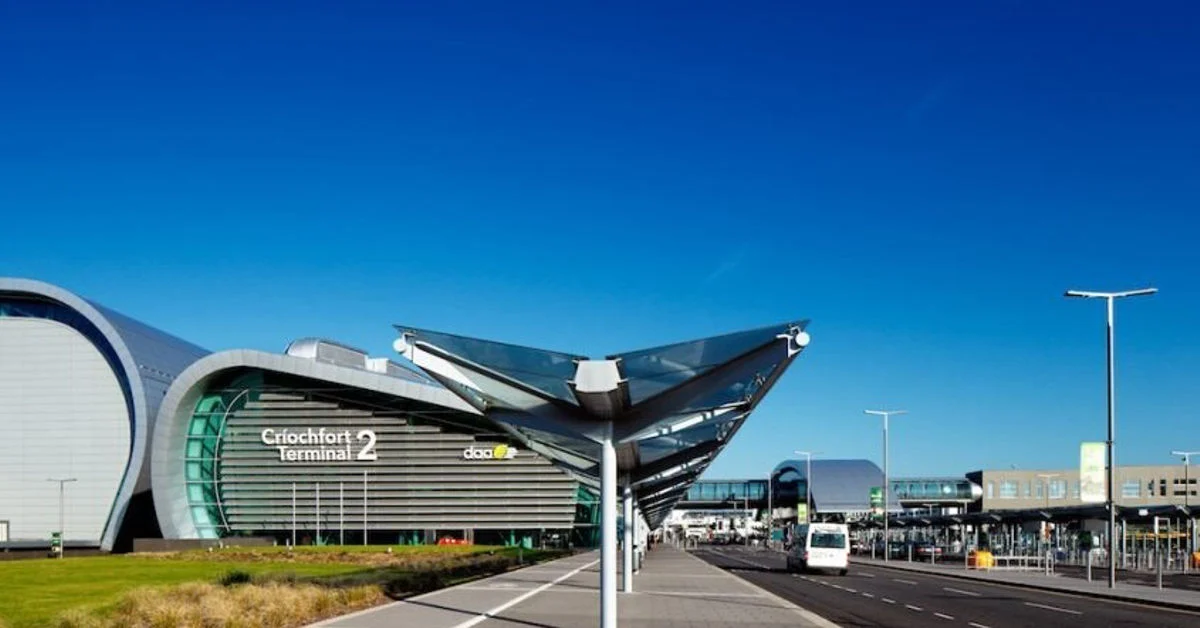Introduction: What Irish Travellers Need to Know
If you are an Irish citizen planning a trip to the United States, you might want to pay close attention to the latest updates issued by Ireland’s Department of Foreign Affairs. The department has recently revised its official travel advice to warn that Irish citizens entering the United States may be subject to electronic device searches and social media activity checks. The focus keyword for this article is Irish citizens.
The warning underlines that US authorities have the right to search personal devices like phones, laptops, and tablets and may request passwords without providing a specific reason. A refusal could result in denial of entry. With the potential implications of such checks, Irish citizens are advised to familiarize themselves thoroughly with US entry requirements before traveling.
Understanding the Electronic Device Search Policy
Background on Device Searches
The policy allowing US Customs and Border Protection (CBP) officers to search electronic devices is not a new development. Under longstanding US law, all persons, baggage, and goods entering the United States are subject to inspection. This includes digital devices, which can be examined to ensure compliance with immigration, customs, and other US laws.
Irish citizens should know that encryption does not exempt a device from inspection. Devices that CBP cannot access due to encryption may be detained, excluded, or subject to other lawful action.
Frequency of Electronic Device Searches
According to CBP, roughly one million people cross US borders every day, and less than 0.01% of travellers have their devices searched. While the odds are relatively low, the impact on those selected for additional scrutiny can be significant.
The Role of Social Media in Immigration Decisions
New Focus on Social Media Activity
Another critical update for Irish citizens involves the examination of social media activity. The United States Citizenship and Immigration Services (USCIS) announced it would begin screening social media for indicators of antisemitic behavior, among other concerns.
This development means that your online presence could potentially influence your immigration status or even your eligibility to enter the country. Posts that seem innocuous or unrelated to your travel plans could be scrutinized, affecting decisions made by immigration officers.
Impact on Visa and ESTA Applications
The US now emphasizes that applicants for visas or the Electronic System for Travel Authorization (ESTA) should disclose biological sex as assigned at birth. Those whose passport information differs are advised to consult with the Embassy of the United States of America in Dublin for specific entry requirements.
US Preclearance Facilities in Ireland
Dublin and Shannon Airport Facilities
For Irish citizens departing from Ireland, it is important to note that both Dublin Airport and Shannon Airport host US preclearance facilities. These facilities allow travellers to undergo immigration and customs inspections before boarding their flights to the United States.
The Dublin Airport Authority (DAA) and the Shannon Airport Group have emphasized that travellers should ensure they meet all US entry requirements prior to travel. For more details, you can refer to the US Customs and Border Protection website.
Addressing Concerns About Discrimination
CBP’s Official Stance
In response to concerns raised about increased electronic media searches and potential discrimination, CBP insists that their policies are not driven by political changes or biased motivations. They state explicitly that they do not discriminate based on race, ethnicity, religion, or political affiliation.
According to CBP, the goal of these searches is purely to maintain national security and enforce immigration laws.
Practical Tips for Irish Citizens Traveling to the US
Preparing Your Devices
- Backup your data: Before traveling, back up important information and consider traveling with minimal sensitive data.
- Use travel-specific devices: Some travellers opt for “clean” devices that carry only the essentials.
- Password protection: Ensure that your passwords are strong and secure, but be prepared to disclose them if requested.
Reviewing Social Media Content
- Audit your accounts: Review your public profiles and remove or privatize any content that could be misinterpreted.
- Stay informed: Stay updated on any new travel requirements or advisories from official government sources like LatestTravel.News.
Understanding Your Rights
- Know the limits: While you do have certain rights at the border, refusing device searches could result in denial of entry.
- Seek clarification: If unsure about a request made by CBP officers, you may politely ask for further explanation.
Official Advice from the Irish Government
The Department of Foreign Affairs has reiterated that its goal is to provide Irish citizens with accurate and updated information to assist them in making informed travel decisions. Their travel advice is based on consultation with embassies, consulates, and international partners, ensuring it reflects the latest developments on the ground.
You can view Ireland’s updated travel advice for the US here.
Conclusion: Stay Informed and Prepared
For Irish citizens, traveling to the United States now involves additional layers of scrutiny, particularly around electronic devices and social media activity. Understanding these processes and preparing accordingly can help ensure a smoother entry into the US.
By staying informed through reputable sources like LatestTravel.News and following official advice, you can minimize the risk of unexpected complications at the border.
FAQs
1. Can US authorities really ask for my phone password?
Yes, US Customs and Border Protection officers can request access to your electronic devices and are not required to provide a reason. Refusal could result in denial of entry.
2. How can I protect my personal data while traveling?
Back up important files before travel, carry minimal sensitive data, and consider using travel-specific devices to limit exposure.
3. Will my social media accounts affect my US visa application?
Potentially, yes. US authorities have begun reviewing social media activity, especially for visa applicants and lawful permanent residence seekers.




